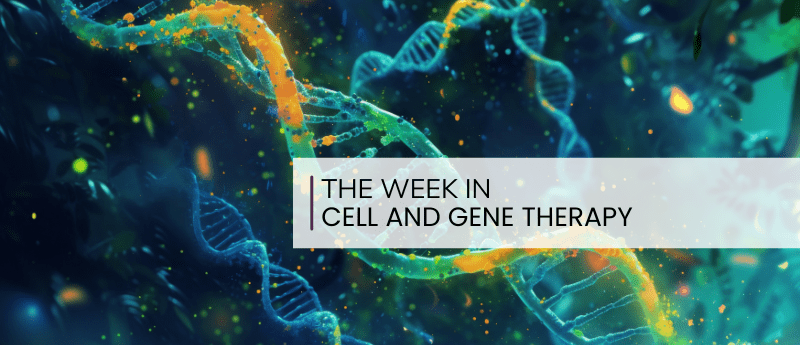This week: Partnerships to advance cell and gene therapies have been announced, focusing on three key areas: developing gene therapies, enhancing cell and gene therapy manufacturing and developing treatments for difficult-to-treat conditions. The news highlights:Centers of excellence for gene therapy research Advancing cell and gene therapy manufacturing Developing therapies for difficult-to-treat conditions Centers of excellence for gene therapy research The Medical Research Centre (MRC), part of UK Research and Innovation (UKRI; both Swindon, UK) is establishing two Centers of Research Excellence (CoRE) to advance therapies for untreatable diseases, each receiving up to roughly US$64 million over 14 years aiming to transform treatments for diseases such as heart disease, immune disorders and neurodegenerative diseases like Huntington’s disease. Oxford University (UK) will lead the MRC/BHF CoRE in Advanced Cardiac Therapies, which will be co-funded with the British Heart Foundati...



Comments
Post a Comment